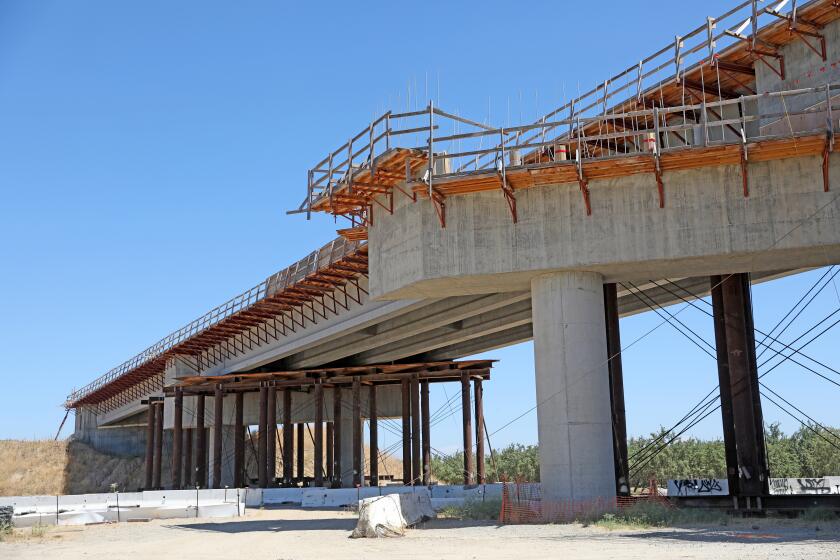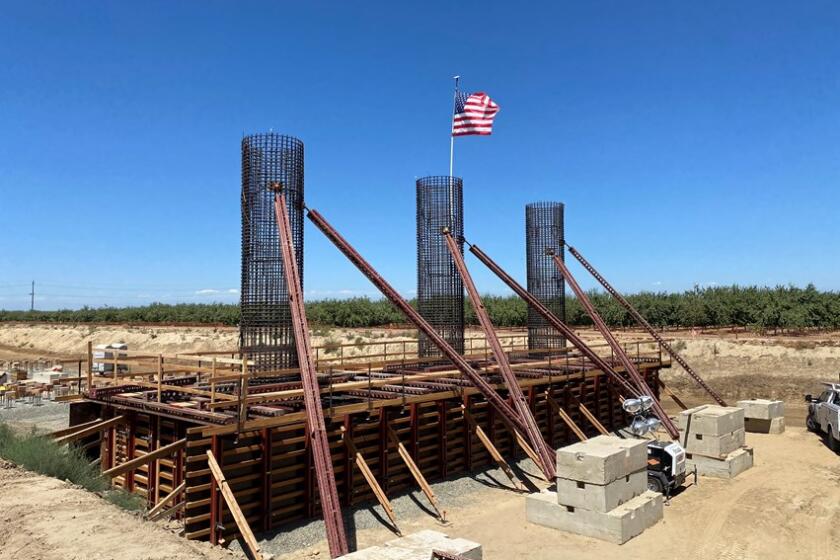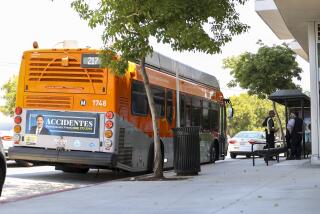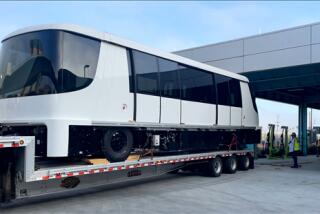California high-speed rail project looks to build Central Valley train fleet
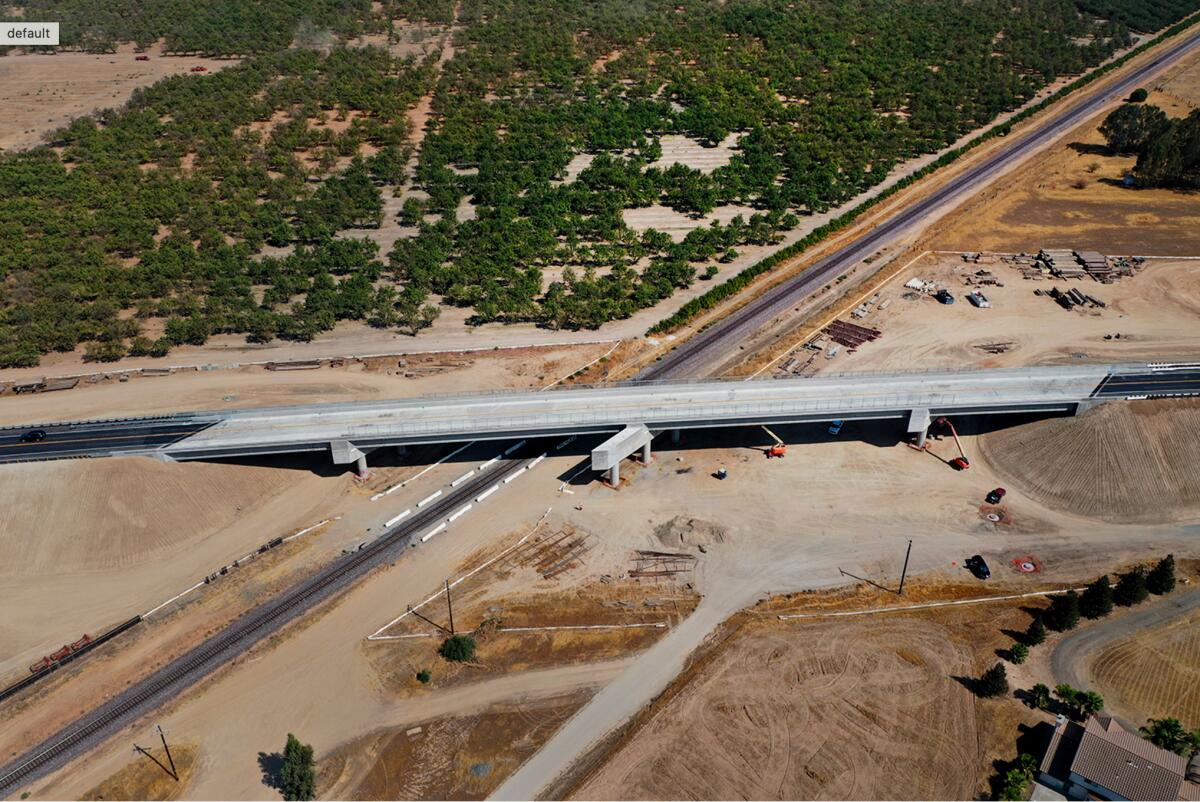
California’s high-speed rail project is working to secure its fleet of trains as it looks to stay on track to open an initial segment in the Central Valley.
The High-Speed Rail Authority’s board of directors on Thursday approved a plan to screen prospective vendors to manufacture and maintain the electrified high-speed trains, which are planned to operate at speeds of about 220 mph.
“The project is continuing to make progress with our commitment unwavering as we remain active and aggressive in moving the project forward while actively pursuing federal funding,” authority spokesperson Micah Flores wrote in an email.
The latest report from the California High-Speed Rail Authority projects costs for the initial segment at $35 billion, which exceeds secured funding by $10 billion.
Gov. Gavin Newsom has adopted a scaled-down blueprint for the bullet train that proposes building a 171-mile starter segment in the Central Valley — connecting Bakersfield to Merced. Officials are looking to begin operating in 2030, but that timeline could stretch out to 2033, according to an agency progress report from earlier this year.
“This is an aggressive schedule, as we still have much to do including the extensions north and south to Merced and Bakersfield, track, systems and trainset procurement,” Flores said.
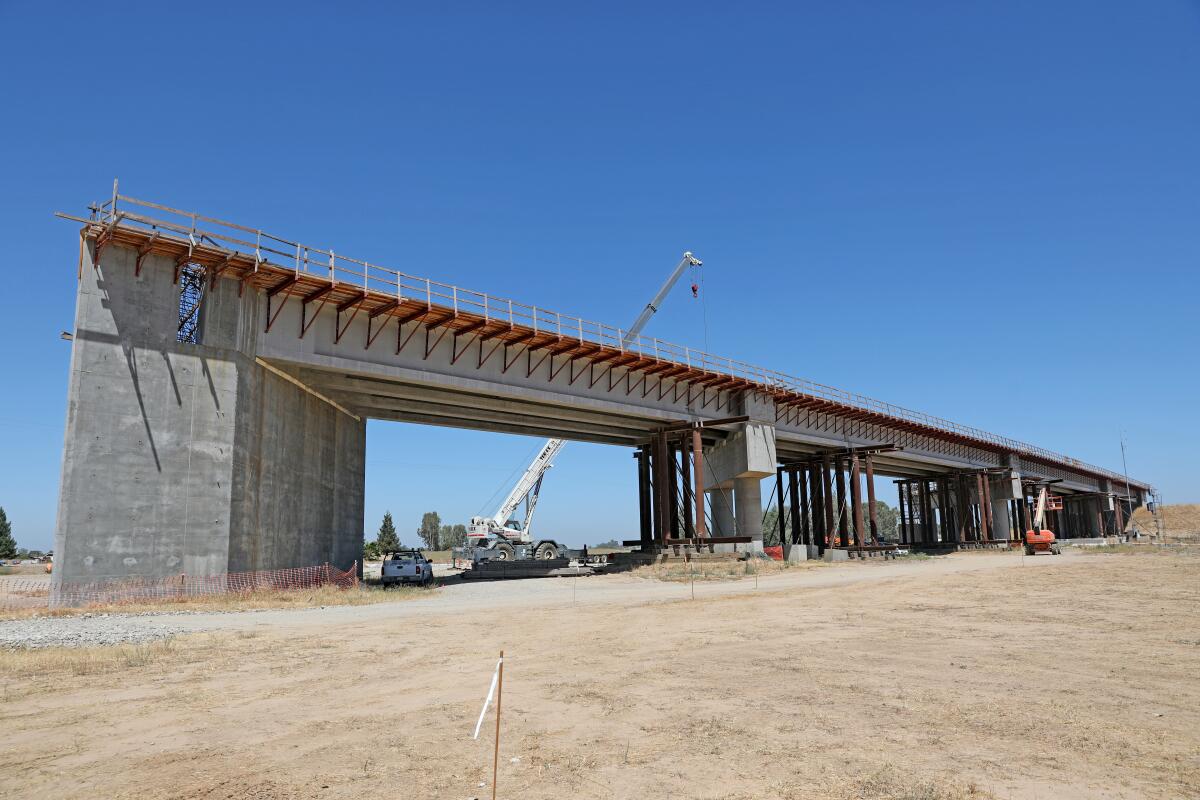
Newsom adopted the plan for a starter system in the Central Valley in a bid to garner public support for construction of the more expensive passages in the Bay Area and Southern California.
Officials expect to receive bids from potential manufacturers in November and will review applications by the first quarter of 2024.
The High-Speed Rail Authority aims to obtain at least 10 trainsets that can operate at 220 mph and reach speeds up to 242 mph. The goal would be to produce two prototypes by 2028 for testing and trial runs.
“These trainsets ensure that we are procuring the latest generation of high-speed trains for this first-in-the-nation project,” agency Chief Executive Brian Kelly said in a release. “We look forward to working with members of the industry as we strive to develop a market for high-speed trains in the United States.”
The extension’s approval represents a significant step in making California’s high-speed bullet train between L.A. and San Francisco a reality.
There are 30 active high-speed rail construction sites in the Central Valley, according to the agency. Nearly 422 miles, from the Los Angeles Basin to the Bay Area, have been environmentally cleared for the project.
Construction began in 2015, about seven years after voters approved initial funding. The project has long been troubled, however, and it faces significant funding gaps. Earlier this year, an official estimate showed projected ridership has dropped by 25%.
The authority estimates that trains between Los Angeles and San Francisco would shuttle 31 million riders per year.
More to Read
Sign up for Essential California
The most important California stories and recommendations in your inbox every morning.
You may occasionally receive promotional content from the Los Angeles Times.
